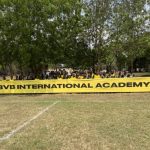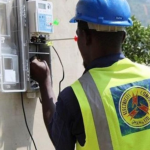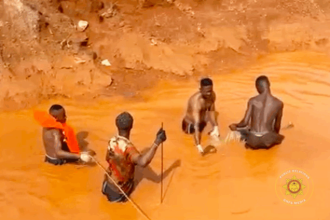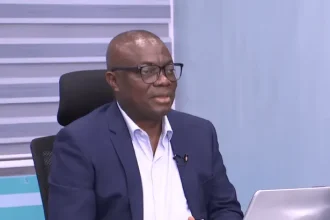The Bolgatanga Traditional Council has appealed to Chief Justice Gertrude Torkornoo to reconsider the recent closure of seven courts in the Upper East Region.
The closure, implemented on October 29, 2024, was prompted by escalating security concerns raised by court staff and judges in light of the intensifying conflict in Bawku.
The affected courts include the High Court, Bolgatanga; Circuit Court, Bolgatanga; District Court, Bolgatanga; District Court, Zuarungu; District Court, Zebilla; District Court, Garu; and District Court, Bongo.
Chief Justice Torkornoo justified the closures, emphasizing that the judiciary’s primary responsibility is to ensure the safety of its staff and the effective delivery of justice.
However, the Bolgatanga Traditional Council has expressed worry over the potential impact on access to justice in the region, urging authorities to find alternative solutions to protect staff while keeping courts operational.
“The Traditional Council is also appealing to the government and the Chief Justice to reconsider their decision and reopen the courts and re-enforce the necessary security,” the Traditional Council said in a statement issued on November 1.
They also appealed to the feuding factions to refrain from violence and embrace peace.
In response to the situation, the government has imposed a curfew in the area, citing Chief Alhaji Seidu Abagre’s presence as a significant threat to residents’ safety.
The curfew, which commenced on October 28, 2024, and lasts from 6 pm to 6 am, aims to restore peace and order in the area.
The decision was made after an emergency national security meeting, chaired by President Nana Addo Dankwa Akufo-Addo, due to significant disturbances affecting public peace and security in Bawku and its environs.
The Bawku chieftaincy dispute dates back to 1931. It revolves around the occupation of the Bawku skin, which represents chiefly authority in the Bawku traditional area.
The conflict between the Kusasi and Mamprusi ethnic groups has been ongoing, with historical contestation and political interference fueling tensions.
In recent years, the conflict has been characterized by recurring waves of violent clashes, resulting in deaths, injuries, and property damage.
The surge of arms in Bawku has also contributed to the conflict’s escalation, with many residents feeling obliged to arm themselves for protection.
Read the full statement by the Bolgatanga Traditional Council below;
[gview file=”https://www.theghanareport.com/wp-content/uploads/2024/11/CamScanner-11-01-2024-15.011.pdf”]
















